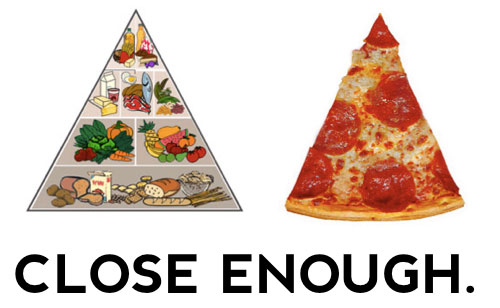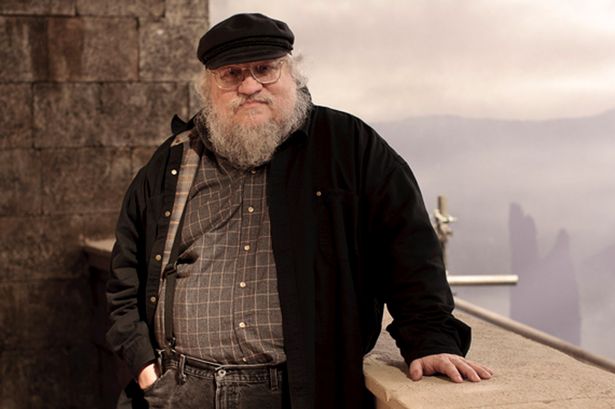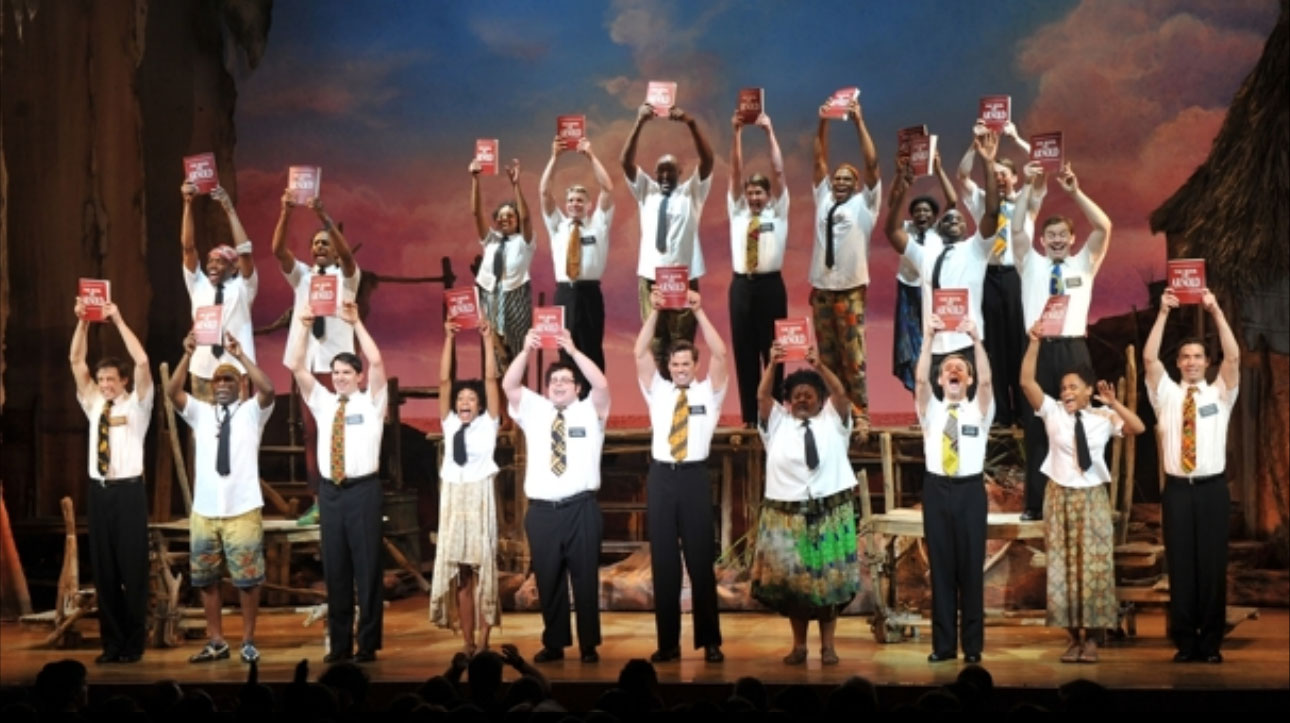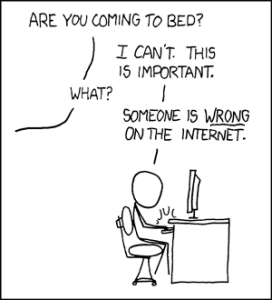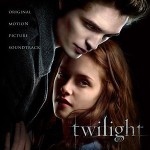 I have to start this post with a frank admission of guilt: I really like the Twilight soundtrack. Something about the music, the constant rain, the muted color palette, and the absence of concern for any of the characters made watching the film a relaxing, mesmerizing experience. I may even have watched it more than once. (I’m honestly not sure.)
I have to start this post with a frank admission of guilt: I really like the Twilight soundtrack. Something about the music, the constant rain, the muted color palette, and the absence of concern for any of the characters made watching the film a relaxing, mesmerizing experience. I may even have watched it more than once. (I’m honestly not sure.)
One of the best things about the soundtrack is that in addition to really strong tracks from bands I already love (like Muse, Iron & Wine, and Paramore), it also introduced me to some great tracks from bands that I had never heard of: “Full Moon” by The Black Ghosts, “Spotlight” by Mutemath, and “Eyes on Fire” by Blue Foundation.
There are few things I love in life more than the feeling that comes over me when I hear something for the first time and think “Wow, I could really fall in love with this song.” My relationship with music is a lot like my relationship with people. It’s always fun to meet new people and exciting to learn the things you have in common, but it takes time for a true, strong friendship to build. At any given moment my roster of favorite tunes is filled with songs from both ends of the spectrum: those that I love because I just discovered them and those that I love because they’ve been with me for years and I’ve sung along enough to memorize all the lyrics.
There aren’t that many bands, albums, and songs at the older end of the spectrum, however, because a lot can go wrong along the way. A lot of the times the lyrics–which I often don’t catch the first time around–end up letting me down. Other times, the song ends up being an unusual standout from an otherwise mediocre band. Of all the songs that I’m thrilled to hear the first time, only a small number make the “must have” list and get locally stored on my iPhone.
Other than the intrinsic excitement of hearing a good new song, there are two more things to anticipate. The first is sharing new finds with my friends. The second is the prospect of more where that came from. One good song is like a nugget of gold in a prospector’s pan: I immediately want to know if there’s more gold in them hills.
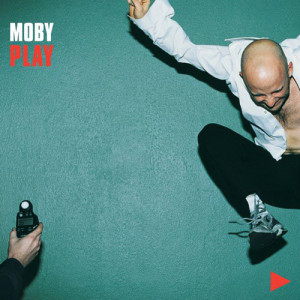 So, over the years, I’ve got my music-prospecting strategy fairly well-refined. I use a combination of Pandora, NPR, TV commercials (if they’re good enough for Moby they’re good enough for me), soundtracks and sometimes even the radio to generate new leads. Then I get on Spotify and start listening. I’ve discovered lots of my current favorite music this way, from DJ Shadow to Lecrae to Ludovico Einaudi. And yet, despite a steady stream of new music, I still find myself often thinking “I have no idea what to listen to right now.”
So, over the years, I’ve got my music-prospecting strategy fairly well-refined. I use a combination of Pandora, NPR, TV commercials (if they’re good enough for Moby they’re good enough for me), soundtracks and sometimes even the radio to generate new leads. Then I get on Spotify and start listening. I’ve discovered lots of my current favorite music this way, from DJ Shadow to Lecrae to Ludovico Einaudi. And yet, despite a steady stream of new music, I still find myself often thinking “I have no idea what to listen to right now.”
I keep trying out new schemes to organize the music that I’ve discovered, and I keep failing. I’ve tried making playlists many, many times but I invariably start strong with a handful of tracks and before I’ve got a single album’s worth the initial focus of the playlist (a particular emotion? an associated activity? a genre?) has grown so muddy that I find they’re all starting to run together and I can’t tell if a song should go in or not. I’ve also tried the opposite approach: throwing a bunch of music into a playlist, and then tossing back out the songs that I don’t like as I listen. But, since I’m usually listening while I work, I end up being bothered enough by bad songs to notice, but not enough to remember to toss them out. So far, nothing works.
I’m starting to think that despite the huge access to great new music, in some ways the days of CD collections were actually better. I don’t think I ever had more than 2 or 3 dozen CDs in high school in the late 1990s, but that meant that choosing what to listen to was easy: I could flip through my entire collection (mentally or physically) in just a few seconds. I had the tracklisting of every album memorized, and I could skip any tracks I didn’t like without even thinking about it. My music collection felt like my hometown. I didn’t exactly choose it in the sense that most of my first CDs were hand-me-downs and even the one’s I bought were based on extremely limited knowledge, but they were mine. I knew them inside and out. Now? I feel like I don’t have a musical home anymore. Even in my own collection I’m a foreign tourist visiting a stranger’s soundscape.
Part of this is what economists call the Paradox of Choice. The original theory (that more customer choices lead to fewer sales) has started to fall out of favor, but the basic realization that deliberation is costly is certainly true. I don’t think it’s just that I used to have fewer music, but I think it’s that–because I had less to listen to–what I listened to I learned very well. It became a part of me, so choosing was second-nature. Now, with so much to choose from, my exposure to any given song or album or band is fleeting and glancing. It’s not just that I have more to go through when I’m deciding what to listen to, it’s that I have to think a lot harder about every single option because I don’t really know them that well. The result is that even tracks that are unbelievable good when I think to listen to them fall through the cracks. My wife put on Regina Spektor’s “All the Rowboats” in the car the other day, and I was stunned that I had forgotten such an awesome song was in my collection. It feels like getting lost in my own home.
I started writing this piece as a way of asking for help and advice about how to better track my music. And I’m still curious to hear what folks have to say, but maybe I’ve already identified the real problem. I’ve been trying to find an easy way to build my musical mansion. Maybe that’s impossible. Maybe another quaint economics axiom applies: there ain’t no such thing as a free lunch. Maybe if relationships with music are like relationships with people, then trying to a satisfying and easy relationship is like asking for a full-length abridgment. Maybe easy outside options are the enemy of all relationships that require investment to grow.
There’s got to be a better take away then just “things were better back in the day”, and I think there is. Trying to pretend that it’s still 1997 and I’m still living at home might help me recapture some of the lost sense of connection with my tunes, but even if it did, dialing back 1/2 my life doesn’t sound like a good candidate for Plan A. After all, the whole problem is that it’s the weight of incredible musical potential that’s dragging me down. Can’t let go of the weight without letting go of the promise. So, I guess I’ll just start dedicating more time and effort to listening to all this great music, giving it some of the respect it deserves, and wait with stubborn patience to build back the bridges of nostalgia, but bigger, brighter, and more solid than mere memories.
